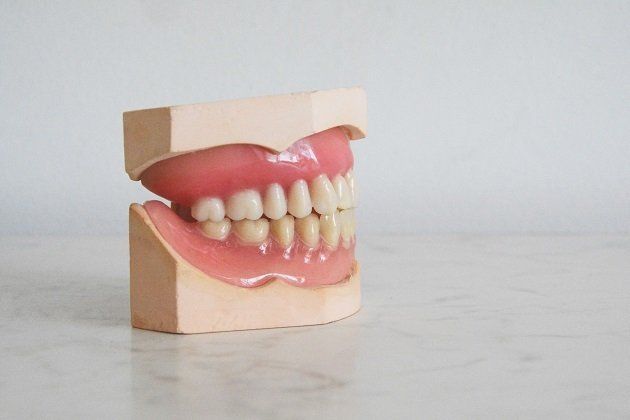What Are Dental Crowns And Are They Effective?

For many years, dentists have used different methods to repair and save teeth using procedures that were impossible just some time ago. With improving technology and cutting-edge research, a dentist can restore a damaged tooth and even get you a new smiley look, all with a few adjustments. One such procedure is using dental crowns. Unfortunately, many people don’t know what they are and whether they’re effective.
Dental crowns are casings that take on a tooth’s shape used to repair a broken tooth or shape one when dental fillings are ineffective. They’re made of ceramics, porcelain, metal, or resin material. They’re very effective for patients who’ve undergone a root canal procedure.
That’s not all, as you still need to know how tooth crowns work, the procedure, and the dental conditions they’re used on, which you will learn if you read on.
What are Dental Crowns?
One way of fixing a broken or cracked tooth is using a dental crown. They’re designed to appear like a tooth, only that they’re hollow. Think of them like an empty shell that fits over a tooth and covers them up. They’re pretty solid and durable, and to an untrained eye, they look exactly like a tooth.
How do Dental Crowns Work?
Dentists have more than one dental procedure to fix any tooth. The dentist will assess the extent of the tooth damage and determine if you need a filling or a crown. A cracked or broken tooth is very sensitive, especially when eating, drinking, or smiling. The irritation is unbearable, and a dental crown helps to shield the tooth from external contact.
Once in place, the dental crown acts as a tooth casing, helping to protect the delicate parts from further damage and irritation. The crown offers more support, holding the tooth firmly to the gums until it’s able to support itself. The procedure is perfect for a tooth that has undergone a root canal, as it’s still vulnerable and highly sensitive.
In the case of a cracked tooth, the dentist might combine filling with a dental crown to help speed up the recovery. The filling helps to cover the gap, while the crown forms a protective shell over the repaired tooth to allow you to eat and smile with comfort. However, the extent of tooth damage would dictate if combining the two would work.
What’s the Dental Crown Procedure?
The dentist will start by examining the tooth to determine the extent of the damage. Among the common problems they’ll check for include:
- Tooth’s pulp injury
- Tooth decay
- Infection risk
They’ll then decide if you need a root canal treatment or a refill. If the dentist has the equipment to make the crowns, you might get them fixed in a day. If not, you might be forced to come in for a second visit.
The dentist takes some X-ray pictures during the examination process to check the gums and the bone surrounding the tooth.
After the examination phase, the dentist might start by refilling the tooth, especially if it was damaged by decay or cracking. The dentist will then use putty or paste to make an impression of the tooth, bearing in mind the other teeth surrounding it so that your bite won’t be affected. The impression is then taken to the laboratory to get an appropriate crown.
Once ready, the crown would be fixed over the tooth and cemented in place. You might get an anesthetic shot to numb the pain and be told to give it time before you eat anything solid.
Which Dental Conditions Are Dental Crowns Effective For?
A dental crown is used to treat any cracked, broken, or decayed tooth. Over time, our teeth tend to weaken and wear out due to injuries, accidents, or old age. Patients that have gone through a root canal procedure can also get the dental crown placed over the tooth to help strengthen it.
Misaligned and oddly-shaped teeth would also benefit greatly from dental crowns, as they help to regain their shape. Once fitted, a dental crown can last anywhere from five to 15 years, and the lifespan would be affected by your dental hygiene and the type of food you eat. Remember that sugary food might affect the dental crown the same way it does a tooth.
Outro
Dental crowns are perfect for repairing cracked and broken teeth. They offer stability and help to shape the tooth. They also strengthen the tooth, holding it in place after procedures like a root canal. Glenview Dentist can assess the damage to determine if you need a dental crown.










